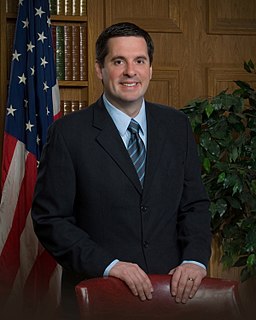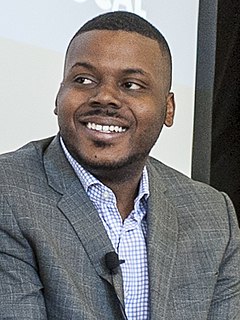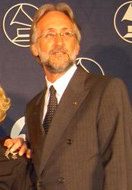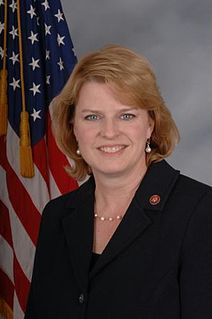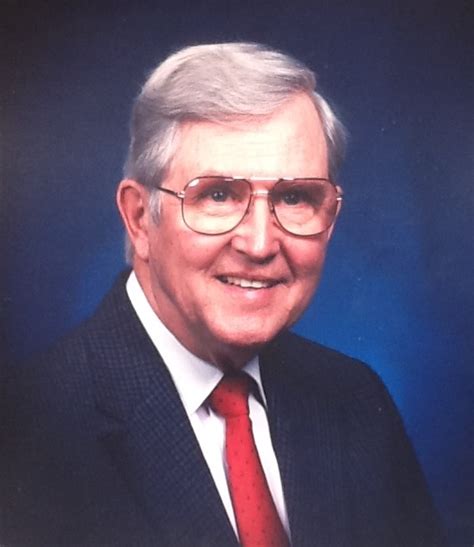A Quote by Michelle Wu
When it comes to fighting for progress in Boston, there's a long history of people in power trying to label advocacy and hard work as being political in order to avoid accountability and distract from community demands for better leadership.
Related Quotes
For us, being a label, we took out the whole aspect of the business that goes into sifting through people who don't care, who don't get what you're trying to do. We can just hire and work with people who get it - the people who understand what this project is about. When you're on a label, you're just hoping somebody will stick their neck out and work for you. Most bands are just like, "I hope they do it. I hope they promote it." But being a label, we know exactly what's happening.
Feelings are only your history being occasioned by the present moment. If that's your enemy, then your history is your enemy. If sensations are your enemy, your body is your enemy. And if memory is your enemy, you'd better have a way of controlling your mind in such a way that you never are reminded of things that are painful from the past. If you avoid people, avoid having your buttons pushed, avoid going to places that might occasion anxiety; if you're hammering down drugs and alcohol; these are all methods of trying to mount that unhealthy agenda.
I think one of the ways you avoid being angry is to avoid being angry at the people in power. They might do crappy things, and piss you off, and make bad decisions, but they shouldn't be hated simply because they're in power. And I thought it was important to humanize them if the book was going to be even-handed to all the different ways you encounter people at work.
When I see an entire community disenfranchised, it disturbs me. Not that I'm a message guy, per se. I write about people. I like to write about human beings, not crap political rhetoric. I've tried to avoid that all my life. When I wrote about soldiers in Vietnam, I wasn't trying to make a political statement. I was trying to write about how screwed things were for soldiers, and how they still are.
I think, the most progress I have agenda, the progressive platform in the history of the Democratic Party. So we have got to continue bringing people in, fighting for an agenda that works for working families and having the courage to take on the big money people who today control our economic and political life.
Organizational Development: The New Christian Right of the 1980s was dominated by paper organizations that were essentially the mailing lists of a handful of politicized ministers. Such organizations were better at issuing press releases than doing the hard work of political mobilization and advocacy. By contrast, the movement of the 1990s has generated a plethora of grass-roots organizations that allocate meaningful responsibilities to individual members. The goal is to create an army of grassroots activists who know how to stimulate political change.






